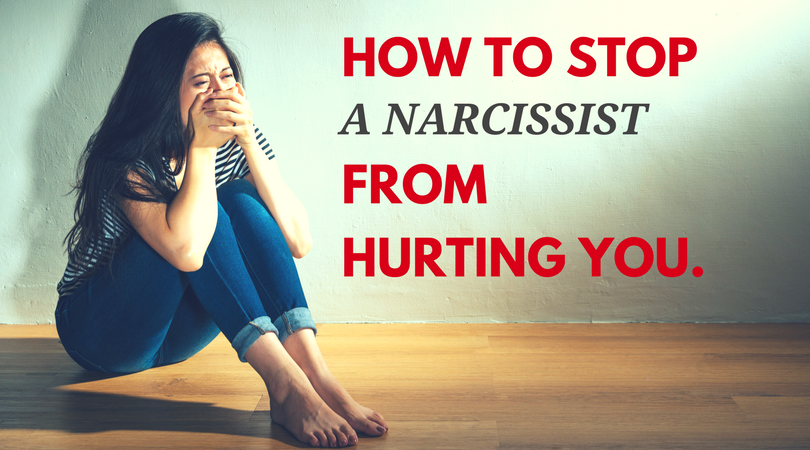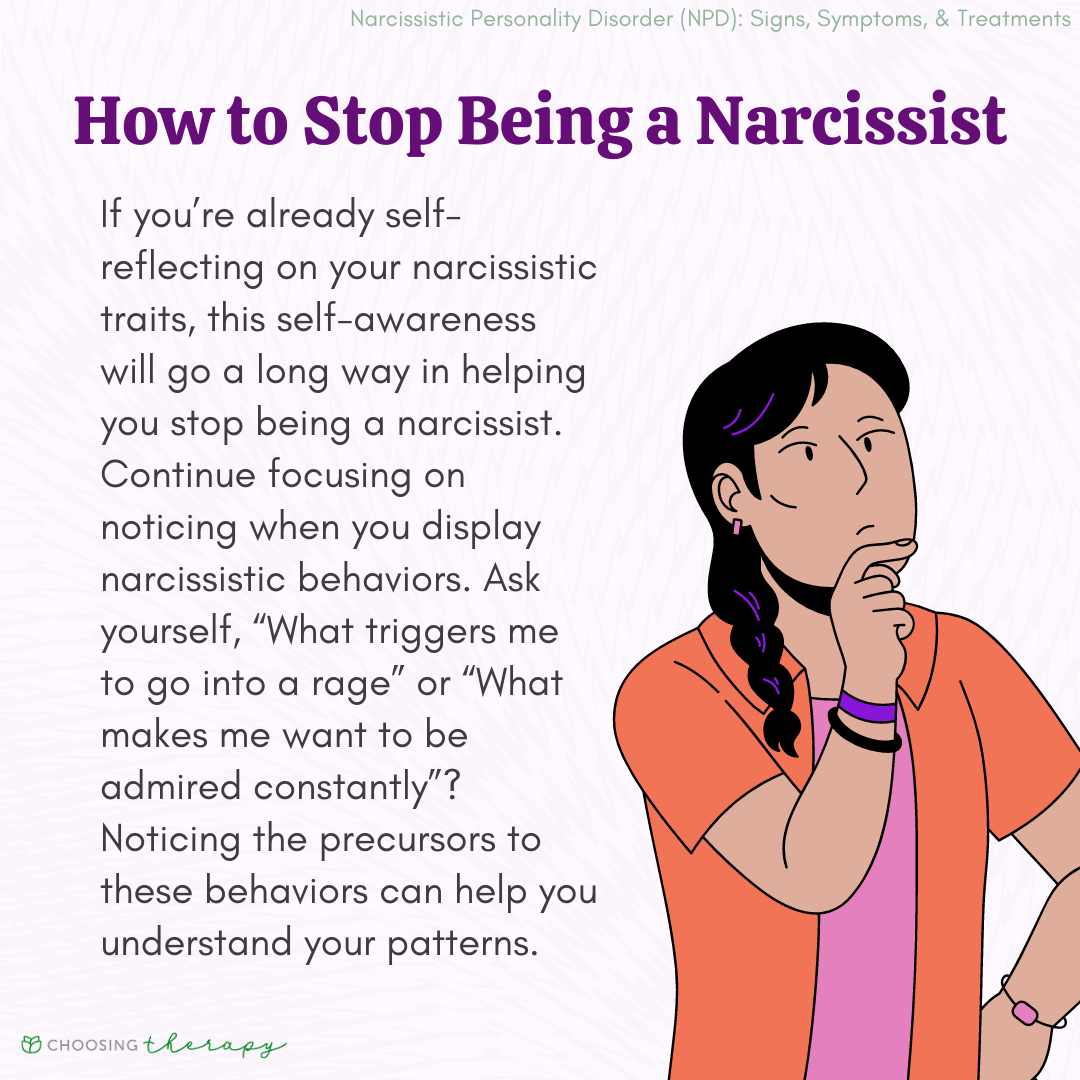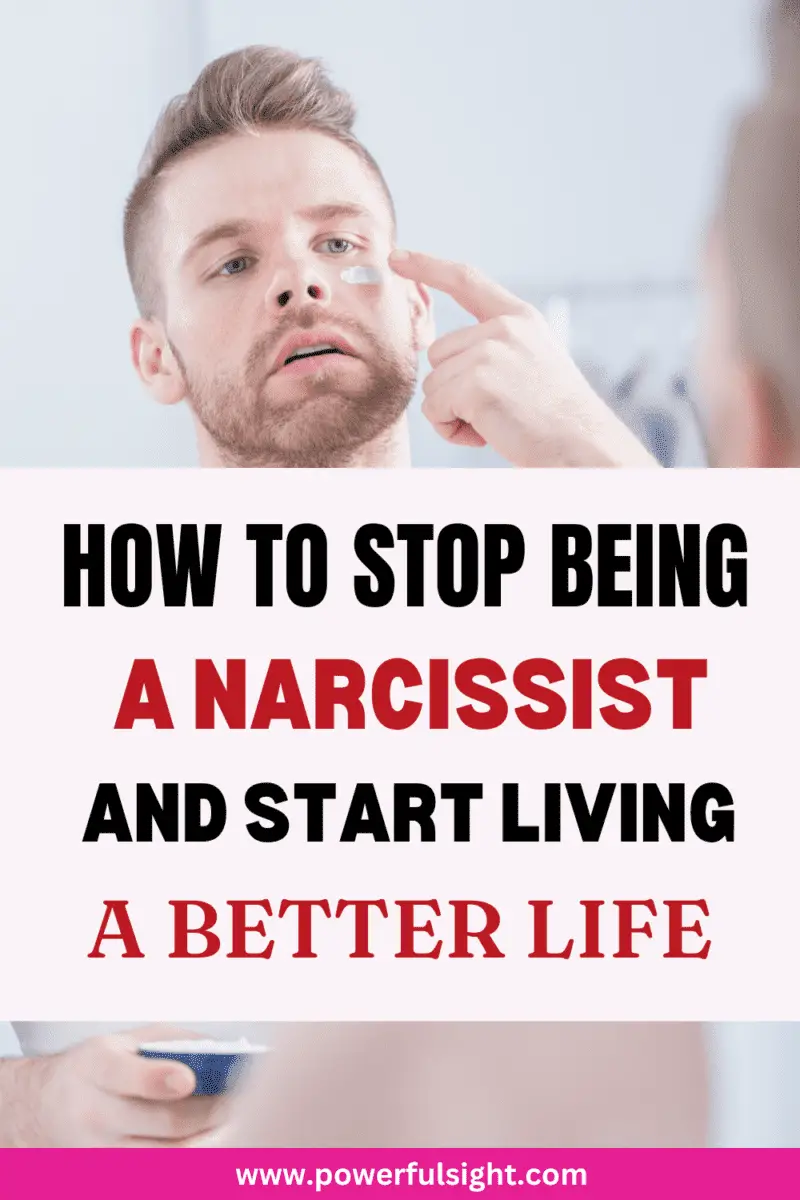How To Stop A Narcissist From Hurting You

Navigating relationships with individuals exhibiting narcissistic traits can feel like traversing a minefield. The emotional toll can be significant, leaving you feeling depleted, confused, and questioning your own reality. This article provides an analytical overview of strategies and tools to protect yourself from the manipulative tactics often employed in these dynamics. This guide is tailored for value-conscious individuals seeking practical, actionable advice to safeguard their well-being.
Understanding the Landscape
Before delving into specific techniques, it's crucial to understand the underlying dynamics of narcissistic behavior. This isn't about diagnosing someone; it's about recognizing patterns of behavior that are harmful to you. Common traits include a lack of empathy, a grandiose sense of self-importance, a need for excessive admiration, and a tendency to exploit others.
The goal isn't to change the other person. Instead, it focuses on empowering you to set boundaries and protect your emotional and psychological health.
Strategies for Self-Protection
Several strategies can be implemented to minimize the impact of narcissistic behavior on your life.
1. Establishing and Maintaining Boundaries
Boundaries are essential for healthy relationships, but they're particularly crucial when dealing with narcissism. Clear boundaries define what behavior you will and will not tolerate. This involves stating your limits firmly and consistently enforcing them.
Be prepared for resistance. Individuals with narcissistic traits often disregard boundaries, so consistent reinforcement is key.
2. Limiting Contact
Reducing or eliminating contact is often the most effective way to protect yourself. This might involve going completely "no contact" or implementing a "gray rock" method.
The gray rock method involves becoming as uninteresting as possible to the narcissist, providing minimal emotional reactions and information.
3. Detaching Emotionally
Emotional detachment involves separating your emotions from the other person's actions and words. This doesn't mean you don't care; it means you don't allow their behavior to dictate your emotional state.
This can be achieved through mindfulness practices, cognitive reframing, and focusing on your own needs and well-being.
4. Building a Strong Support System
Having a strong support system of friends, family, or a therapist is invaluable. These individuals can provide validation, support, and a safe space to process your experiences.
They can also offer an objective perspective and help you stay grounded in reality.
5. Seeking Professional Help
Therapy can provide you with the tools and support you need to navigate these challenging relationships. A therapist can help you process your emotions, develop coping mechanisms, and set healthy boundaries.
Consider therapists specializing in narcissistic abuse or complex trauma.
Product Shortlist: Tools for Empowerment
While there isn't a single "product" to solve the problem, several resources can aid in your journey of self-protection. These range from books and online courses to therapy and support groups.
- For the Budget-Conscious: Online articles and free support groups focused on narcissistic abuse recovery.
- For Those Seeking Structure: Self-help books on boundary setting and emotional detachment.
- For Personalized Guidance: Individual therapy sessions with a qualified therapist.
- For Community Support: Online forums and support groups dedicated to individuals affected by narcissistic abuse.
Detailed Reviews of Selected Resources
Book Review: "Stop Walking on Eggshells" by Paul T. Mason and Randi Kreger
This book offers practical strategies for coping with individuals with borderline personality disorder, which shares some overlapping traits with narcissistic personality disorder. It provides clear guidance on setting boundaries, managing conflict, and protecting your emotional well-being. The book offers real-life examples and practical exercises to help you apply the concepts.
Online Course Review: "Narcissistic Abuse Recovery Program" (Various Providers)
These courses often provide structured learning modules covering topics like understanding narcissistic behavior, setting boundaries, and healing from emotional abuse. The quality varies, so research the instructor's credentials and read reviews before enrolling. Some courses offer interactive components like Q&A sessions and community forums.
Therapy Review: Individual Therapy with a Licensed Therapist
Individual therapy provides personalized support and guidance tailored to your specific situation. Look for a therapist with experience in narcissistic abuse or complex trauma. Therapy can help you process your emotions, develop coping mechanisms, and rebuild your self-esteem.
Side-by-Side Specs Table with Performance Scores
| Resource | Cost | Accessibility | Effectiveness (Boundary Setting) | Effectiveness (Emotional Detachment) | Support System |
|---|---|---|---|---|---|
| Online Articles/Free Groups | Free | High | 6/10 | 5/10 | 4/10 (Variable) |
| "Stop Walking on Eggshells" | Low | High | 7/10 | 6/10 | 0/10 (Self-Study) |
| Narcissistic Abuse Recovery Program | Medium | Medium | 8/10 | 7/10 | 6/10 (Varies by Program) |
| Individual Therapy | High | Medium | 9/10 | 9/10 | 9/10 (Therapist as Support) |
Practical Considerations
Choosing the right resources depends on your individual needs and budget. Start with free resources like online articles and support groups to gain a basic understanding of narcissistic behavior and coping strategies. Consider investing in a self-help book for more structured guidance on boundary setting. If you're struggling to cope on your own, individual therapy can provide personalized support and help you develop effective coping mechanisms.
Remember that healing from narcissistic abuse is a process. Be patient with yourself and celebrate your progress along the way.
Conclusion
Protecting yourself from narcissistic behavior requires a multifaceted approach. This involves understanding the dynamics of narcissism, setting firm boundaries, limiting contact, detaching emotionally, building a strong support system, and seeking professional help when needed. No single "product" offers a quick fix, but a combination of resources can empower you to reclaim your emotional well-being.
Consider your individual needs, budget, and level of support required when choosing the right resources for you. Remember that prioritizing your mental health is an investment worth making. Making an informed decision will help to navigate and overcome the trauma.
Take the first step towards a healthier future. Explore the resources mentioned in this article and begin your journey of self-protection and healing.
Frequently Asked Questions (FAQ)
Q: How do I know if I'm dealing with a narcissist?
A: Look for patterns of behavior such as a lack of empathy, a grandiose sense of self-importance, a need for excessive admiration, and a tendency to exploit others. Remember, this isn't about diagnosing someone; it's about recognizing harmful behavior.
Q: Is it possible to change a narcissist?
A: It is extremely difficult to change someone with narcissistic traits. The focus should be on protecting yourself and setting boundaries, rather than trying to change the other person. The energy spent changing others is better focused on yourself.
Q: What is the "no contact" rule?
A: The "no contact" rule involves completely cutting off all communication with the person exhibiting narcissistic behavior. This includes phone calls, emails, social media, and any other form of contact. It is usually the safest way to minimize hurt.
Q: What if I have to maintain contact with the person due to family or work obligations?
A: In these situations, implement the "gray rock" method. Keep your interactions brief, factual, and unemotional. Avoid sharing personal information or engaging in arguments. Also, set boundaries clearly.
Q: How long does it take to heal from narcissistic abuse?
A: Healing is a process that varies from person to person. It can take months or even years to process the emotional trauma and rebuild your self-esteem. Be patient with yourself and celebrate your progress along the way.


















